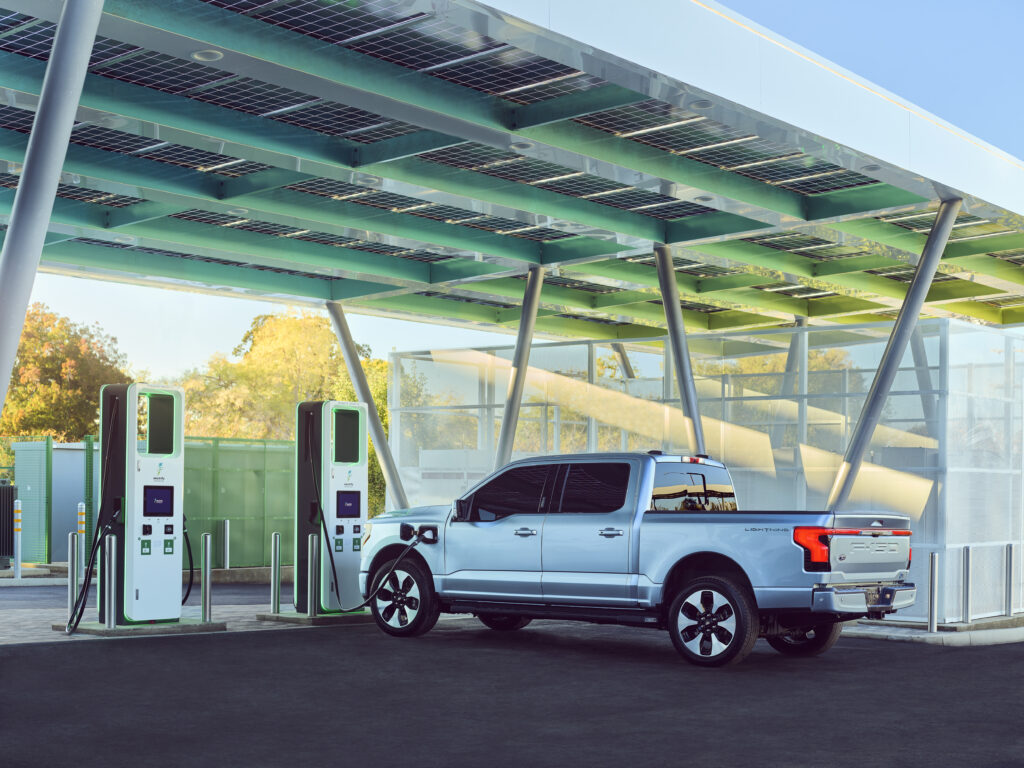
The Bipartisan Infrastructure Bill passed by Congress and signed into law in November allocated federal funding for the build-out of a National Charging Network as soon as possible. In official guidance released by the Biden administration on Thursday, new details were announced for the first phases of implementation.
Nearly $5 billion in funding will be available for installing DC fast chargers over the next five years. DC fast chargers enable an electric vehicle to charge to full in as little as 20 minutes. While crucial for the mass adoption of EVs in America, DC fast chargers are expensive to install, often costing over $100,000 per location.
US Department of Transportation Secretary Pete Buttigieg said that the government will make $615 million available for use in 2022. In order to have access to their own piece of the pie, states must submit a plan and win approval before funds are dispersed this year.
Get the most when you sell your car.
Compare and choose multiple offers in minutes:
Interstate Highways to Be Prioritized First
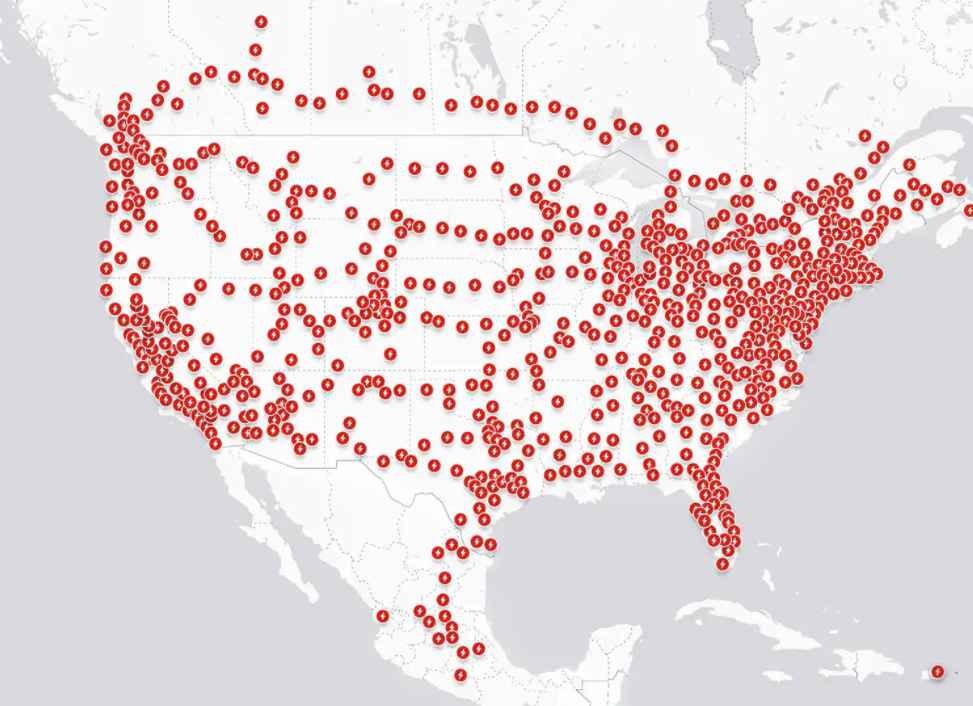
Thursday’s new guidance says that states should specifically fund the installation of DC fast chargers along interstate highways. The goal should be to fund the installation of fast chargers every 50 miles along the highway to make long-distance travel much easier for drivers of electric vehicles.
The federal government expects private entities to take on the charger installations. We’ll likely see a lot more Electrify America and Tesla Supercharger stations in the next few years, as well as the likes of lesser-known charging providers like EVgo and ChargePoint picking up business. Federal funds will cover 80% of DC fast charger installation costs, with private or state funds filling in the gaps.
Following charger network buildout along interstate highways, the guidance recommends that states work to install chargers in other underserved areas, such as rural areas and lower-income urban areas.
If you’re into policymaking jargon, you can read the entire guidance at the Department of Transportation.
Revisions to the EV Tax Credit Hang in the Balance
Congress axed the Build Back Better Bill in its current form back in December. For now, the electric vehicle tax credit remains a $7,500 value for those who owe as much in federal taxes. Tesla and GM have already exhausted their allocation for the tax credit. Unless revisions to the EV tax credit are passed by Congress, Tesla and GM will not qualify in 2022.
CarEdge will stay on top of the latest electric vehicle news. The 2020s are becoming the whirring 20s as automakers transition away from fossil fuels and invest half a trillion dollars in electrification. It looks like a National Charging Network is just a few years away. Join our weekly newsletter for all of the latest EV and automotive industry news, always with a consumer focus.








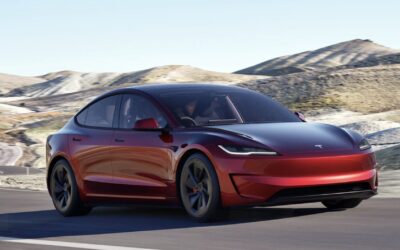
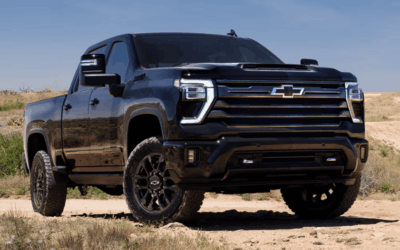
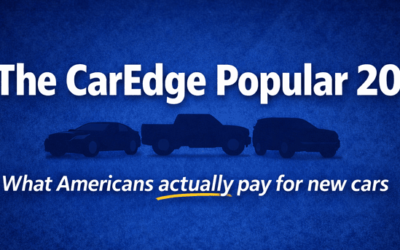


0 Comments